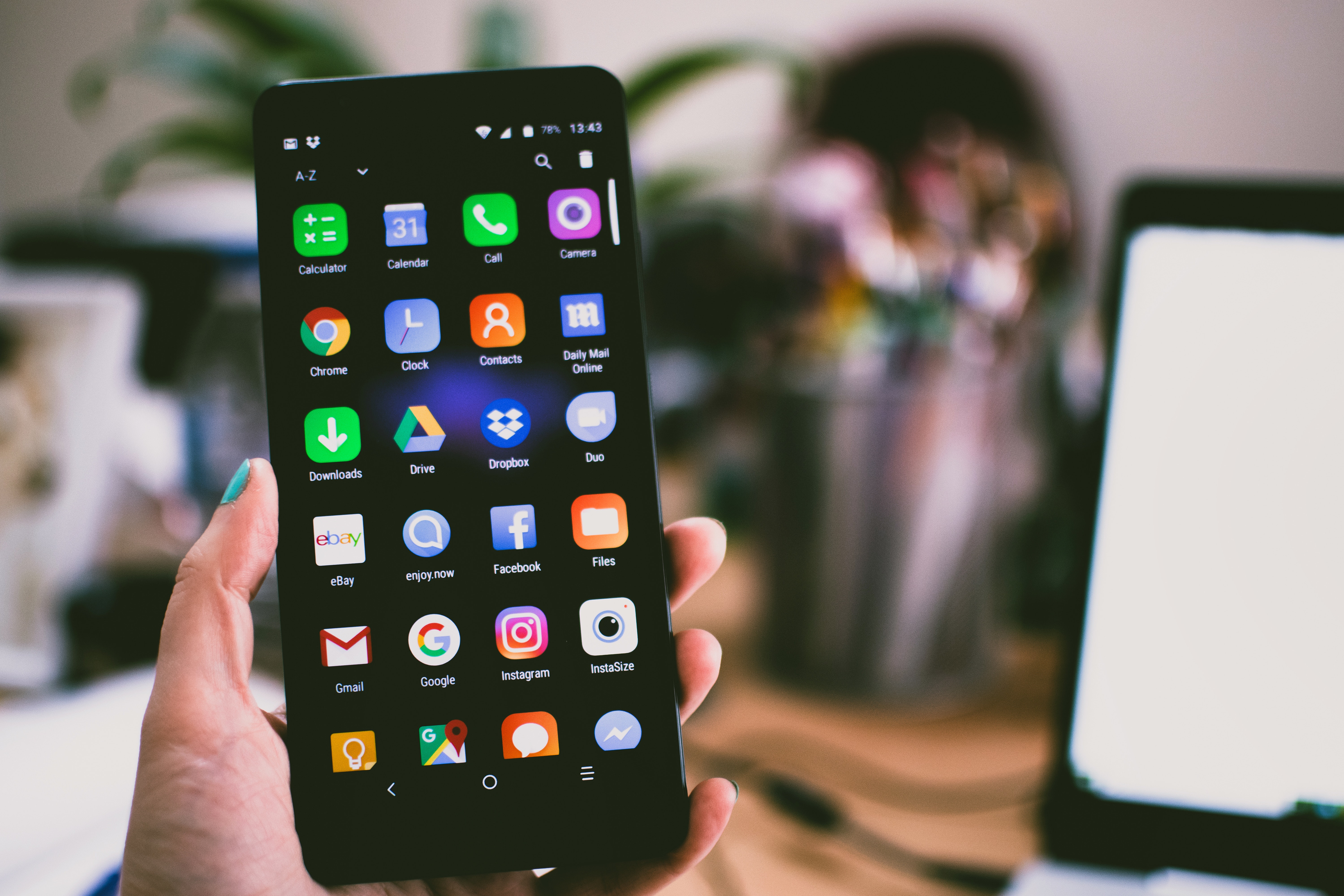It’s Monday morning. Do you know what’s happening on your social media accounts?
Social media has become on the leading sources of cyberattacks in the world. It has the magic combination of widespread use (billions of people log in to Facebook, Twitter, Instagram, etc. every day), personal information, and trust that gives hackers everything they need to either launch attacks within the platforms themselves, or gather enough information to launch more targeted attacks against individuals, including you.
Even if you think you are safe and have your social media locked down, there is a good chance that you’ve left something vulnerable somewhere. That’s why you need to conduct regular social media security checkups. Double checking that you are using every tool you can to keep your information safe takes only a few minutes, but can save you a lot of headaches.
Check Your Antivirus
A strong antivirus and security program on your devices is your first line of defense against attacks from any source. Be sure that your antivirus software is up-to-date, and that you’re making the most of your premium services bundle by running security checks and looking for vulnerabilities. Social media attacks often look for vulnerabilities on your computer or devices to exploit, so use your security tools to close those loopholes.
Install Updates
Are you running the latest versions of all of your apps? Are your devices up-to-date? Even if you have your device set to automatically download and install updates as they become available, double check every few months to ensure that all of the most recent updates have been installed. Often, app updates include bug fixes and security enhancements that protect your account and data, so you want to install them as soon as possible.
Change Your Passwords
Yes, it can be a pain to come up with new passwords and remember them every few months. However, regularly changing your passwords, and choosing strong passwords, is important to maintaining your security. Keep it simple by using a password manager, and setting a reminder in your calendar to handle this chore.
Set Up Two Factor Authentication
If you haven’t already done so, you need to set up two factor authentication for your social media accounts. It only takes a few minutes, and gives you peace of mind that your accounts are less likely to be accessed without your permission.
Check Your Apps
Speaking of permissions, which apps have access to your social media accounts? And what permissions have you granted? Every few months, check on the apps that have access to your social profiles (find them by looking in the privacy settings on your account) and delete those that don’t need access anymore. Be selective in which apps get access to your profiles and what you allow them to see. In many cases, you may wish to just create an account with a username and password instead to keep your social profiles secure.
Check Your Info
If you’re sharing too much personal information on social media, you could be setting yourself up for trouble. Chances are, the people who need to know your exact birthday, address, phone number, etc. already have that information, so be as vague as possible. Avoid sharing information that can be used to steal your identity – and this goes for responding to friends’ posts as well. Remember that the answers to common security questions are often things like your mother’s maiden name, the color of your first car, where your first job was, where you were born, etc. It might be fun to see your friends’ answers to these questions, but hackers are also on the lookout for this information.
Clean Your Friends List
If you don’t know everyone on your friends’ list, or can’t pinpoint how you know people on your list, it’s time to hit the unfriend button. At least once a year, go through your friend’s list and delete people you don’t know, or don’t really have any contact with. Consider setting all of your profiles to private so that you need to approve followers, or so only people who know your friends can request to connect with you. This way, you control who sees your stuff, and reduce the chances of it falling into the wrong hands.
Keeping your social media secure is an important step toward preventing a cyberattack. If you perform this checkup on a regular basis, you’ll be in good shape to ward off the hackers.
